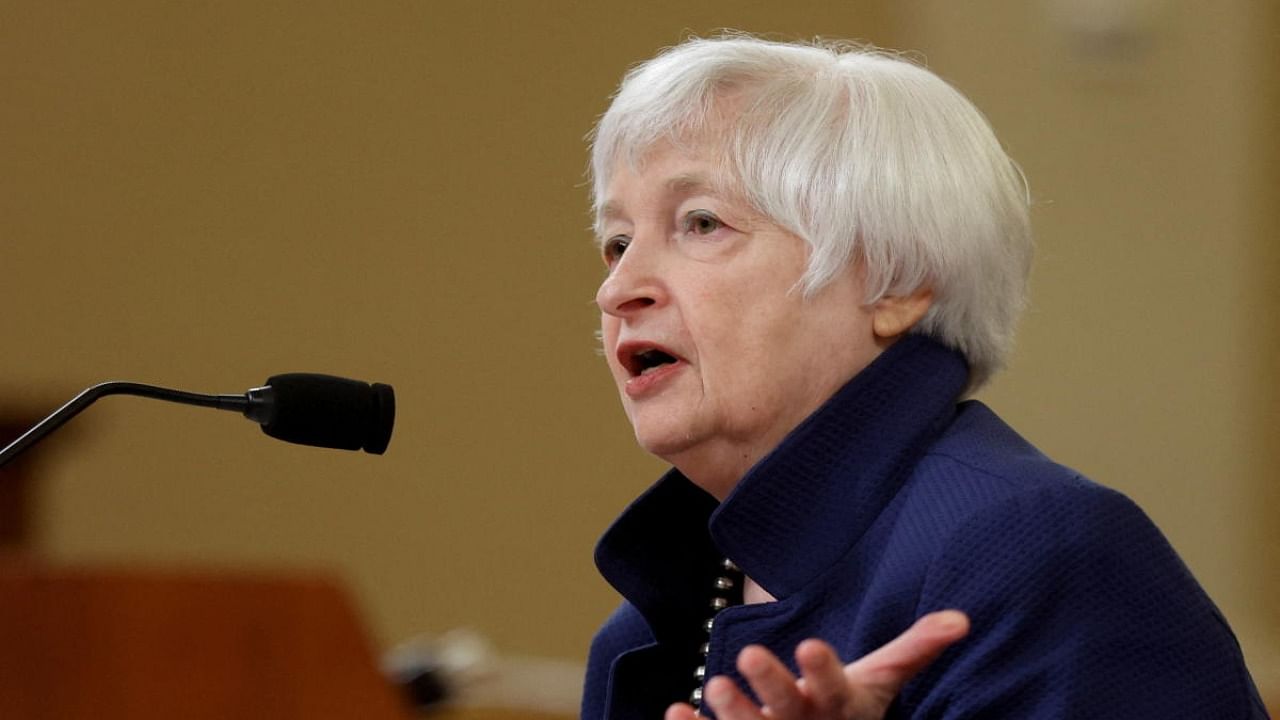
A recession in the United States is not "inevitable," Treasury Secretary Janet Yellen said Sunday, just days after the US Federal Reserve hiked interest rates, raising fears of an economic contraction.
"I expect the economy to slow" as it transitions to stable growth, she said on ABC's "This Week," but "I don't think a recession is at all inevitable."
The US economy has recovered strongly from the damage wrought by Covid-19, but soaring inflation and supply-chain snarls exacerbated by the war in Ukraine have increased pessimism.
Wall Street stocks tumbled after the US central bank on Wednesday raised the benchmark borrowing rate by 0.75 percentage points, the sharpest rise in nearly 30 years.
And economists see worrying signs that consumer confidence is weakening, with people beginning to hold off on vacation plans, dining out or doing home repairs.
Yellen conceded that "clearly inflation is unacceptably high," attributing it partly to the war in Ukraine, which has pushed up energy and food prices.
But she said she did not believe that "a dropoff in consumer spending is the likely cause of a recession."
Yellen argued that the US labor market is "arguably the strongest of the postwar period" and she predicted that the pace of inflation would slow in coming months.
She acknowledged, however, that as Fed chair Jerome Powell works to control inflation while preserving labor-market strength, "That's going to take skill and luck."
Soaring gas prices -- at some $5 a gallon, they have roughly doubled in a few years -- are a pressing concern for many Americans.
Asked about proposals for a temporary suspension in federal gas taxes, Yellen expressed openness.
US President Joe Biden "wants to do anything he possibly can to help consumers," she said. "And that's an idea that's certainly worth considering."
As to whether Biden might move further to lower consumer prices by lifting tariffs on Chinese goods, Yellen demurred.
Reworking the Donald Trump-era tariffs "is something that's under consideration," she said.
"I don't want to get ahead of where the policy process is."